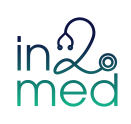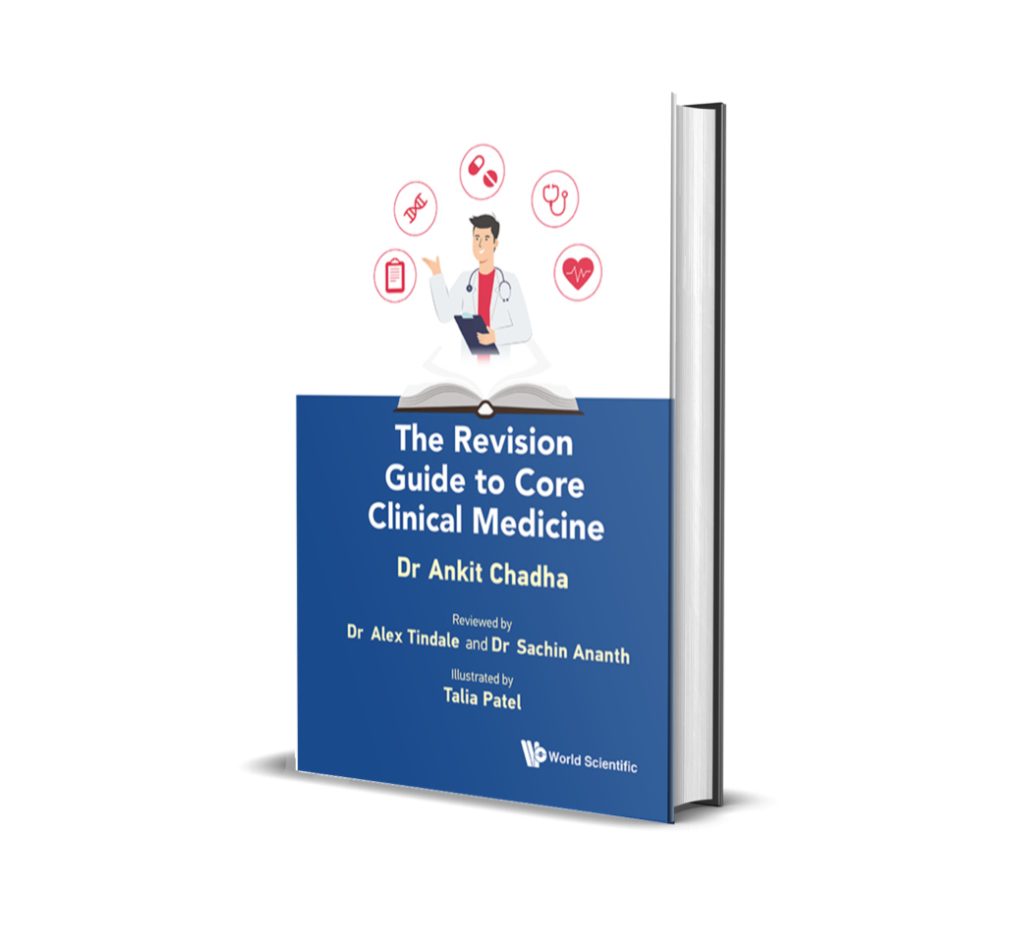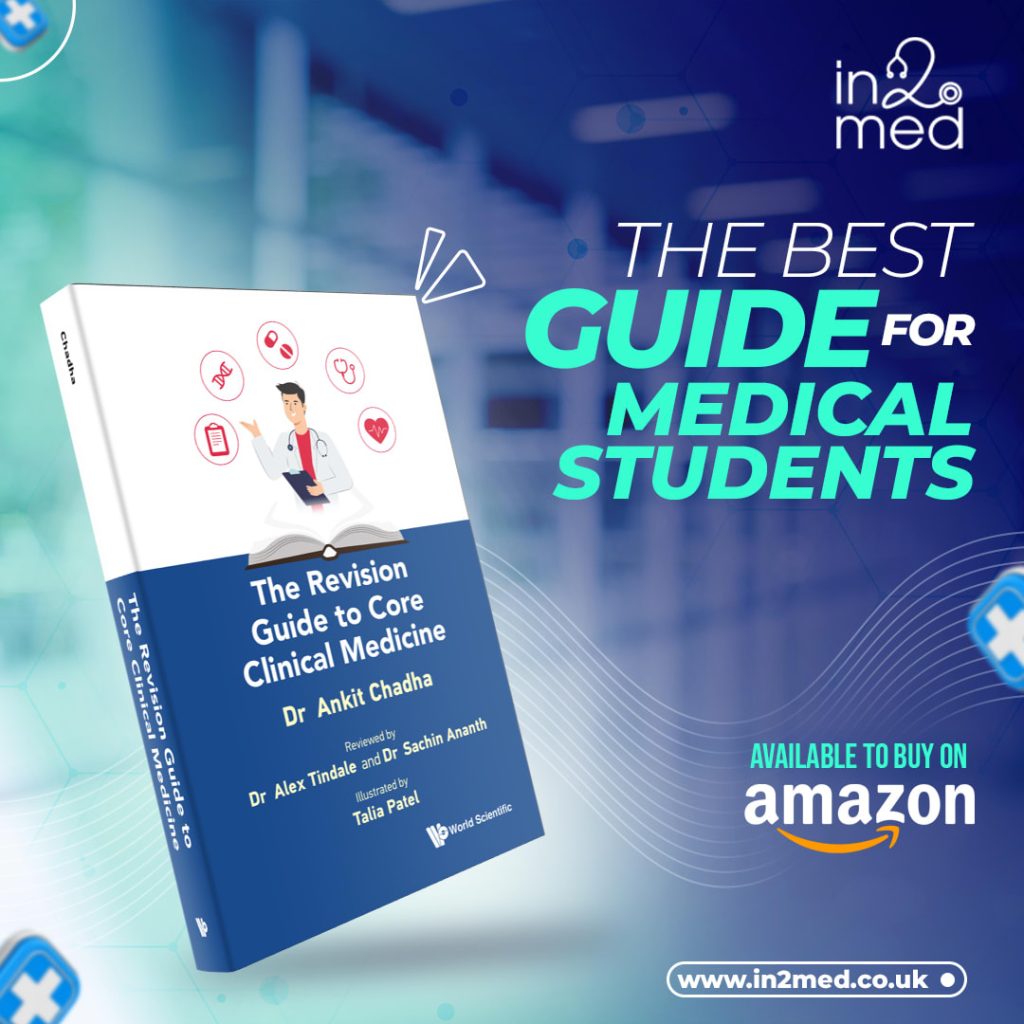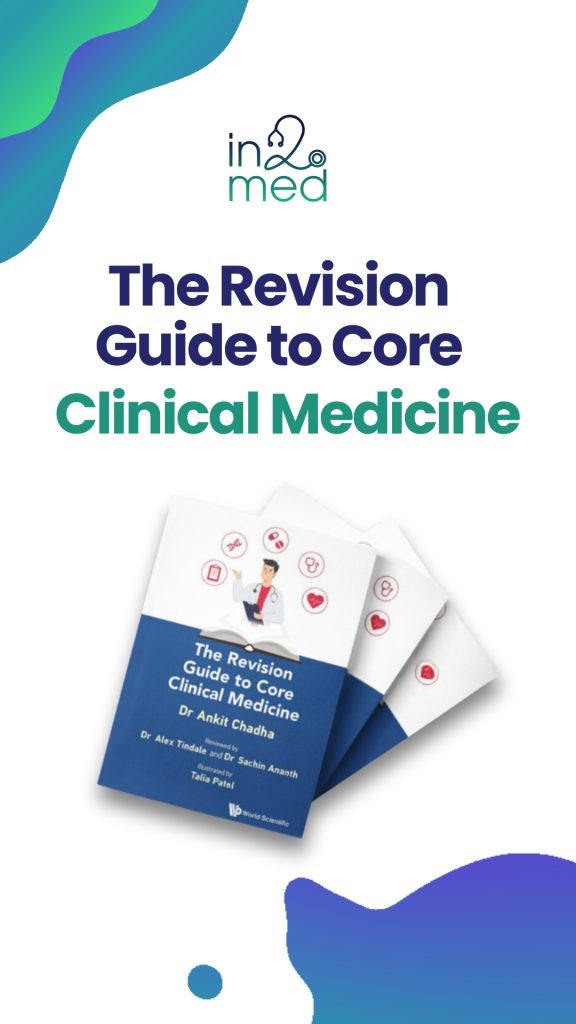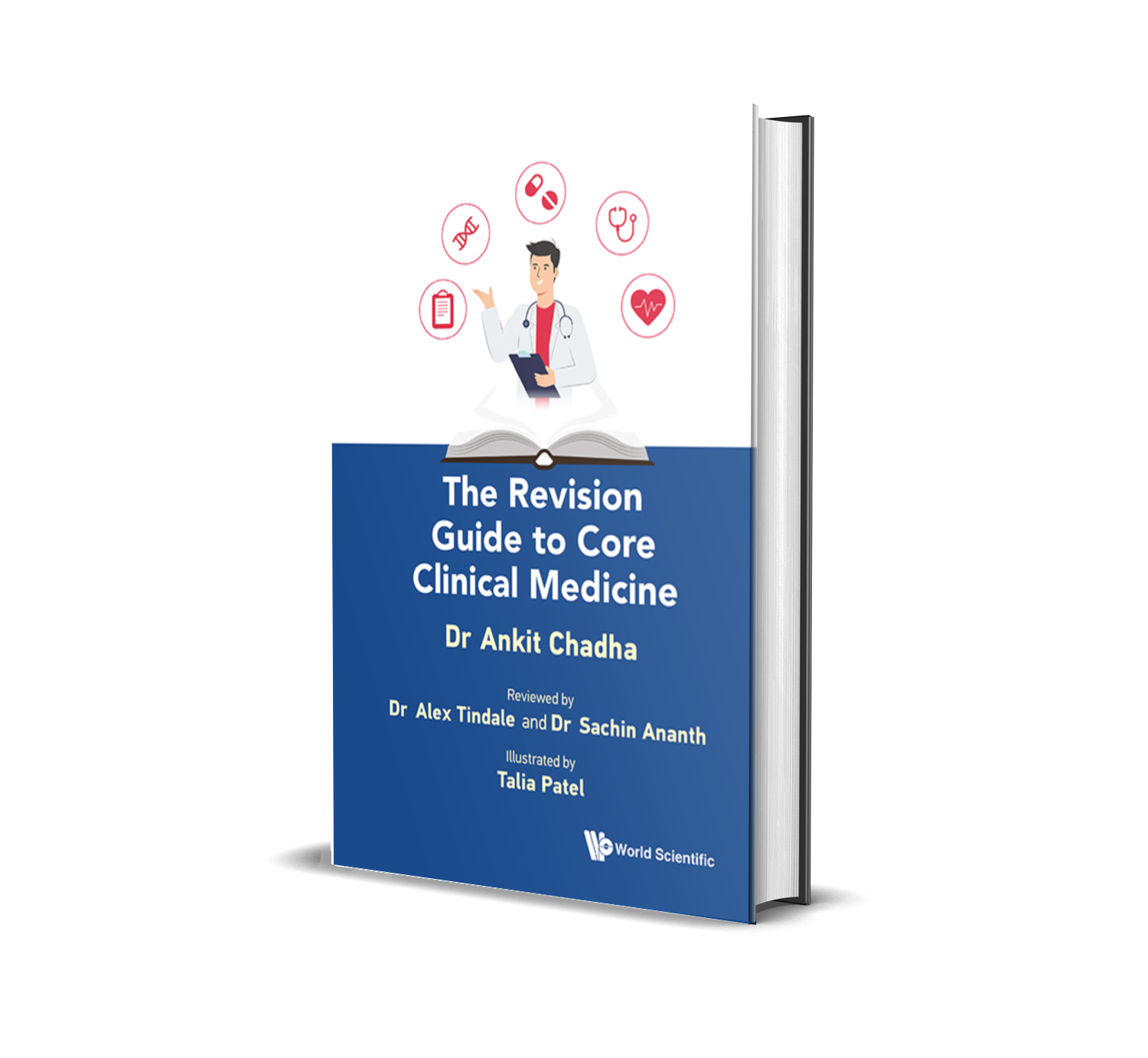ARCP – Top Tips
Dear Friend,
Hope you’re doing well! Lately, this newsletter has started to resemble more of a travel blog — and this week is no exception, as I’ve just touched down in beautiful Seville, Spain. But more on that next week.
One of the reasons I’m able to enjoy this final month of IMT is because I’ve already completed my ARCP — a big tick off the to-do list!
For those unfamiliar, ARCP stands for Annual Review of Competence Progression. It’s a mandatory yearly review for all doctors in training across England to assess progress and ensure curriculum requirements are being met.
The ARCP panel reviews your e-portfolio, which must include a range of evidence demonstrating your competencies: educational supervisor reports, completed curriculum requirements, and workplace-based assessments (WPBAs). You’ll also need a valid multi-source feedback (MSF/eMSF or TAB) and documentation to support specific capabilities and professional domains.
While the process shouldn’t be too stressful, I’ve seen more than a few colleagues trip up — sometimes resulting in delayed progression or extended training.
That’s why, in this week’s newsletter, I’m sharing top tips to help you navigate your ARCP as smoothly and painlessly as possible. Stay tuned – and good luck with your portfolio prep!

1. Tackle the TAB Early (Team Assessment of Behaviour)
Your TAB is one of those things that can get easily overlooked until it’s almost too late. This refers to Team assessment of behaviour and it is a feedback form about you. It needs to be completed by members of the multi-disciplinary team, including doctors, consultants, pharmacists, nurses and other allied health professionals.
Top tip: Get it sorted in your first placement. You’ll have more time, less stress, and people still remember who you are! Send requests to people who actually know you and are likely to respond promptly (think: ward nurses, consultants, pharmacists, allied health staff).
2. Get Your Work Based Assessments Done Early (CBDs, Mini-CEX etc.)
You’ll need a good spread of assessments across your placements. Start collecting CBDs and mini-CEXs from week one – don’t leave it to the final fortnight when everyone’s busy or away.
From my experience, I would say that the number matters a lot more than how in-depth they are. When it comes to your ARCP, they literally glance over this section checking you have the required number – so focus on getting the required amount done (about 2-3 per rotation) and ensuring it is signed off by a consultant. Again, you can get these done very quickly, especially after a lot of clinical encounters on a busy on-call shift.
3. Sick Leave – Keep It Reasonable (If You Can!)
Life happens – and sometimes you do need to call in sick. But do be aware: ARCP panels consider not only the total number of days off, but also the number of separate episodes. Frequent short absences may raise more eyebrows than a single longer one, especially if there is a pattern to your sickness. If you’re genuinely unwell, always prioritise your health — but if you’re borderline, consider if it’s absolutely necessary that day.
4. Stay Organised
Your portfolio is your best friend (or worst enemy, if ignored). Keep uploading evidence regularly — don’t let a backlog build up.
Link each piece of evidence to the appropriate curriculum outcomes. Set reminders to review your ePortfolio monthly. People run into issues when they have not looked at it all year and then have to cram in the last few days. Remember, a lot of trusts have interim reviews – if you can demonstrate at this review that you have essentially completed your requirements, you will sail through. On the other hand, if you have done nothing, you will have already alerted the TPDs to keep an eye out for you and attract unwanted attention – this is when you can run into difficulties. Be like water – follow the path of least resistance.
5. Reflect Smartly
Yes, reflection matters.
Don’t just write “I learned the importance of communication” – be specific.
Describe what happened, what you learned, and how you’ll change your practice.
Even brief entries can be meaningful if done well. I aim for about 1-2 reflections per rotation to keep it ticking along.
Summary
ARCP isn’t designed to trip you up — but it does require consistent effort. Think of it like clinical prep: a little and often is better than a last-minute cramming session. Your future self will thank you!
In this way, you can be awarded an outcome 1 or 6 and pass without any difficulties. With the protected self-development time you have, there really shouldn’t be any obstacles to stop you from completing your requirements – and then come July, it can be off your back for good and you can enjoy your summer holidays.
Drug of the week
Varenicline
Vareniclineis a medication used for smoking cessation and for the treatment of dry eye syndrome.
It is a nicotinic acetylcholine receptor partial agonist. When activated, this receptor leads to the release of dopamine in the nucleus accumbens, the brain’s reward center, thereby reducing cravings and withdrawal symptoms with smoking cessation, although less pronounced than a full agonist (e.g. nicotine).
In 2007, the US Food and Drug Administration (FDA) announced it had received post-marketing reports of thoughts of suicide and occasional suicidal behavior, erratic behavior, and drowsiness among people using varenicline for smoking cessation.

A Brain Teaser
During a ward round consultation, the Psychiatrist was assessing a patient’s current mental state. The patient’s reply to most of the questions consisted of sentences which did not make any sense such as – ‘painting pizza prince bus brush’.
This is a good example of which of the following thought disorder?
A: Echolalia
B: Word salad
C: Perseveration
D: Neologism
E: Expressive dysphasia
Answers
The answer is B – word salad
Perseveration – repeating the same words/answers.
Echolalia – repeating exactly what someone has said.
Neologism – making up new words.
Word salad – disorganised speech, sentences that do not make sense.
Expressive dysphasia – difficulty putting together words. Often develops following a stroke.
